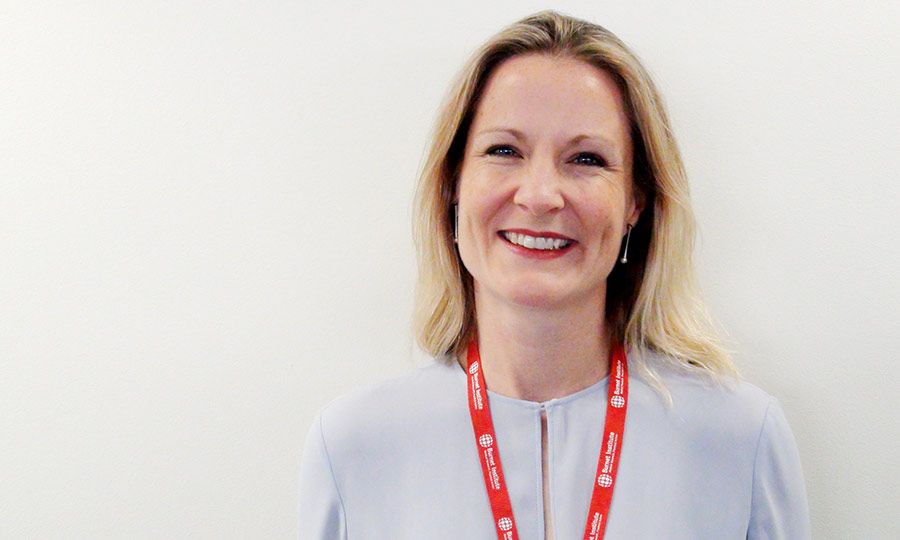
SIMPLY B
How ‘Simply B’ is simplifying hepatitis B treatment.
Difficulties for GPs in deciding how to best treat a hepatitis B patient outside a hospital setting may soon be a thing of the past, thanks to a new study led by Burnet Institute’s Dr Jess Howell.

A Burnet Institute study into novel treatments for hepatitis B will benefit from AUD$190,000 in funding from Gilead Sciences’ TREAT HBV international grant program.
Conducted in partnership with St Vincent’s Hospital and community primary healthcare services in Melbourne, the ‘Simply B’ study is piloting a novel e-decision support tool to simplify hepatitis B treatment to enable GPs to treat in the community.
Burnet Senior Research Fellow and Simply B Study Lead, Dr Jess Howell said almost all treatment for hepatitis B in Australia occurs in hospitals, but the rate of treatment to prevent complications of hepatitis B, such as cirrhosis and liver cancer, is low.
“The idea behind Simply B is to set up an easy solution, a decision support tool for GPs that really simplifies treatment for them.”
“It provides immediate feedback based on clinical parameters and blood tests for GPs to have a treatment decision while they're with the patient, to allow them to either treat or monitor the patient.
“And then it also links to the hospital, so the hospital follows up with the GP within 24 hours to provide the specialist support they require.”
You're reading IMPACT magazine | Subscribe today
Dr Howell said e-decision support tools are not uncommon, but the difference in this case is how it will significantly simplify the treatment algorithm for GPs.

Dr Jess Howell, Simply B Study Lead
Dr Jess Howell, Simply B Study Lead
“We know from previous work we've done that the treatment guidelines are very complicated,” Dr Howell said.
“It's very difficult for GPs to know what to do with hepatitis B patients in the community, so they tend to refer them all into hospital.
“This system provides simplified treatment and a really clear pathway for the GP to either treat, or monitor the patient, backed-up with specialist support.”
Please support our viral hepatitis research | Donate today
A handful of general practices in suburban Melbourne are taking part in the pilot study with support from St Vincent’s Hospital, though Dr Howell believes there’s scope to expand the study nationally and potentially into the Asia-Pacific region.
Hepatitis B is treatable and preventable. Of the more than 250,000 people in Australia living with hepatitis B – which includes a high proportion of Indigenous Australians and people from culturally and linguistically diverse communities – less than 10 percent are on treatment.
Hepatitis B causes significant liver cirrhosis and liver failure, and is a key cause of liver cancer.

Make an Impact | Donate Today
Choose to make a gift to Burnet Institute. Every donation makes a difference to the lives of vulnerable communities where we work.
Contact Us
If you would like to discuss this edition with our team please contact Tracy Parish.
E: communications@burnet.edu.au
T: +61 3 9282 2111
Where possible people who appear in images included in this publication were photographed with their permission. There is no implication that these people have any infectious diseases.
Stay across the latest from Burnet Institute
Subscribe to IMPACT magazine today
Discover the IMPACT of Burnet’s medical research breakthroughs and public health projects in the Institute’s bi-annual magazine.
